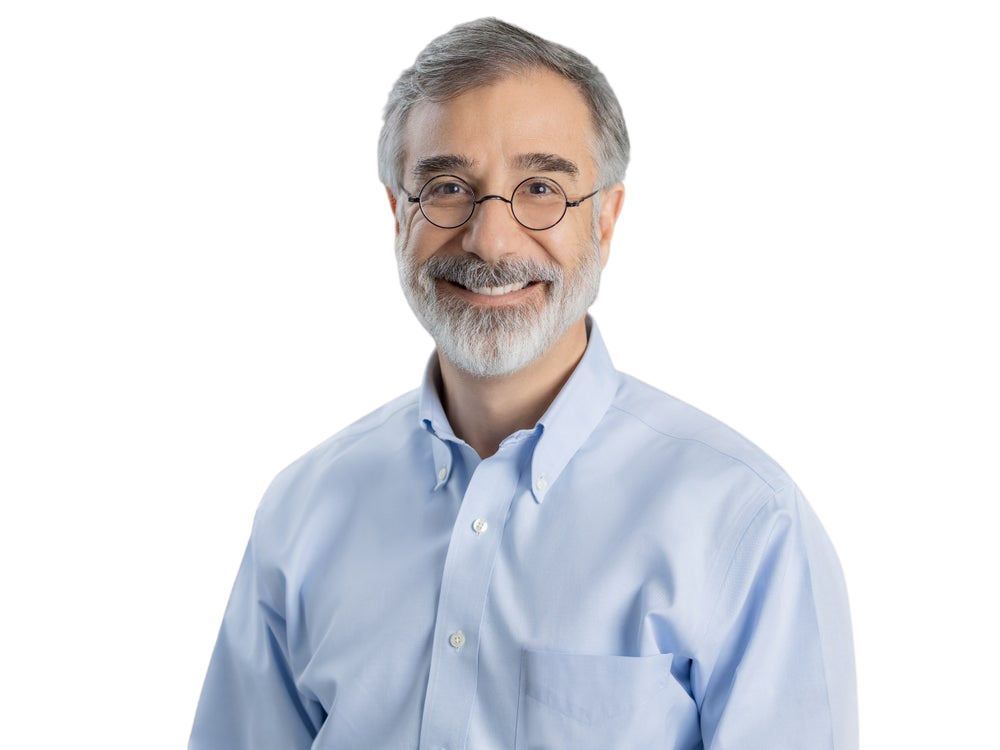Show Notes
"Education was the highest value in our family. It was not even a question—it was the core."
On this episode of The Biotech Startups Podcast, we host Samir Khleif, Founder and CEO of Georgiamune.
Samir shares how growing up as a Middle Eastern refugee in a physics-driven household shaped his values and leadership. He reflects on his time in the Boy Scouts, entering medical school at 16, and founding student organizations—all of which laid the foundation for a career reprogramming immune responses to treat cancer and autoimmune disease.
Key topics covered in this episode:
- How education and family values sparked a lifelong drive to achieve
- Refugee experiences that shaped his purpose and worldview
- Founding student organizations to build early leadership skills
- Lessons in logic, discipline, and fairness from childhood and scouting
- Samir's journey from oncology to biotech—and a mission to heal
If you enjoy The Biotech Startups Podcast, please consider subscribing, leaving a review, or sharing it with your friends. Thanks for listening.
Prefer video? Watch the full episode on YouTube:
Resources & Articles
- Skeel's Handbook of Cancer Therapy: https://books.google.com/books/about/Skeel_s_Handbook_of_Cancer_Therapy.html?id=3ZjlsgEACAAJ
- (WHO) Global Cancer Statistics Report 2024: https://www.who.int/news/item/01-02-2024-global-cancer-burden-growing--amidst-mounting-need-for-services
- Entrepreneur Middle East article: https://www.entrepreneur.com/en-ae/leadership/healing-horizons-georgiamune-founder-dr-samir-khleif-aims/485491
Organizations & People
- Boy Scouts: https://en.wikipedia.org/wiki/Boy_Scouts_of_America
- Georgiamune: https://www.georgiamune.com/
- National Cancer Institute: https://www.cancer.gov/
- Georgia Cancer Center: https://www.augusta.edu/cancer/
- Parker Institute for Cancer Immunotherapy: https://www.parkerici.org/
- Arab Global Scholars Program: https://www.qf.org.qa/arab-global-scholars




